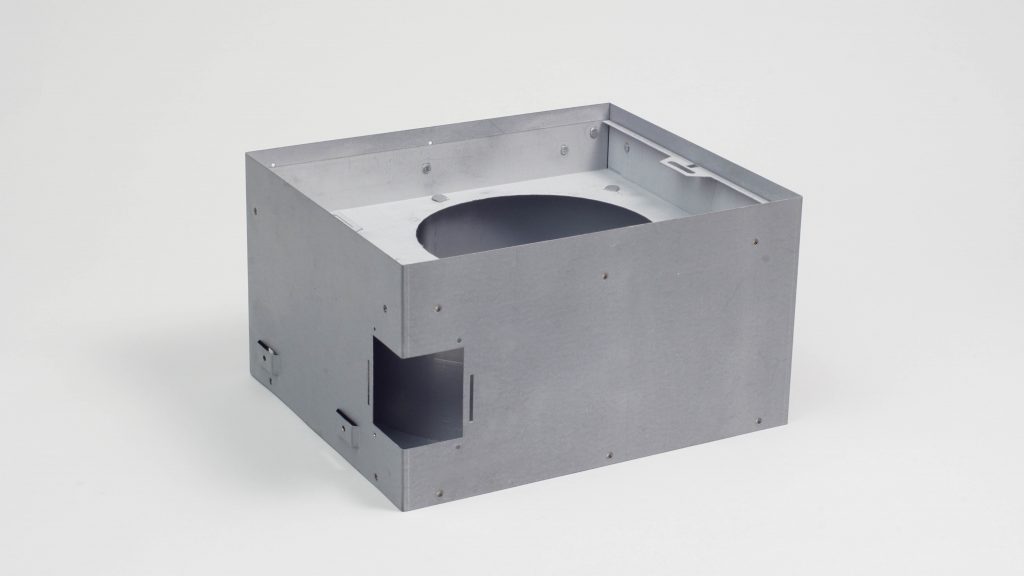
While not all industries need enclosures, for those that do, selecting the right material is vital to the finished project. Top manufacturers of sheet metal enclosures not only use premium material, but they also determine the right type of metal, based on each customer’s specific requirements. As a result, there are no mistakes with sheet metal enclosures – only products that do what they’re intended for.
Whether you’re interested in standard or custom sheet metal enclosures, it’s always best to work with a company that has a lot of experience and in-depth knowledge. An engineer working as part of the company’s team will consider several factors in choosing the appropriate material.
The environment in which you’ll place an enclosure is of utmost importance. This is especially true if that includes an outdoor application that’s subjected to fluctuating weather conditions. Along with that, other factors include the environment’s temperature, humidity, dust, and moisture, and even exposure to chemicals and radiation. The goal is to select a material that can withstand corrosion and other risks.
Engineers who work with top-rated manufacturers of sheet metal enclosures will also consider the characteristics and capabilities of the different materials available. That way, the expert can determine which material will work best for the enclosures that you require. Although there are many different options, the following three materials are commonly used.
Metal – For sheet metal enclosures, material choices include stainless steel, carbon, and aluminum, each with unique traits. While not as resistant to moisture as fiberglass and thermoplastics, metal is a cost-effective material. Also, of the various options, metal is the easiest to use when making custom sheet metal enclosures due to its workability. A key advantage is that unlike other materials, metal absorbs and conducts heat extremely well.
Thermoplastics – Included in this category are ABS, PVC, polyester, and polycarbonates. Along with their resistance to corrosion, thermoplastic materials are easily modified. As for insulation, thermoplastics excel. The one drawback is that unlike metal, these materials are not a good option for customization.
Fiberglass – Some sheet metal enclosure manufacturers offer fiberglass as an option. While resistant to oxidation, dust, and chemicals, the enclosures end up extremely rigid. Of the three materials, fiberglass is the most difficult to shape and modify later.
The purpose of sheet metal enclosures is also something an engineer takes into account when choosing the most appropriate material. For instance, if it will house electrical components that tend to overheat, the expert would opt for a material that is heat-resistant and well-insulated.
Allow Us to Help
Instead of trying to figure everything yourself, allow our team at Weldflow Metal Products to assist. We offer excellent engineering design services as part of our overall service lineup. Give us a call today.



